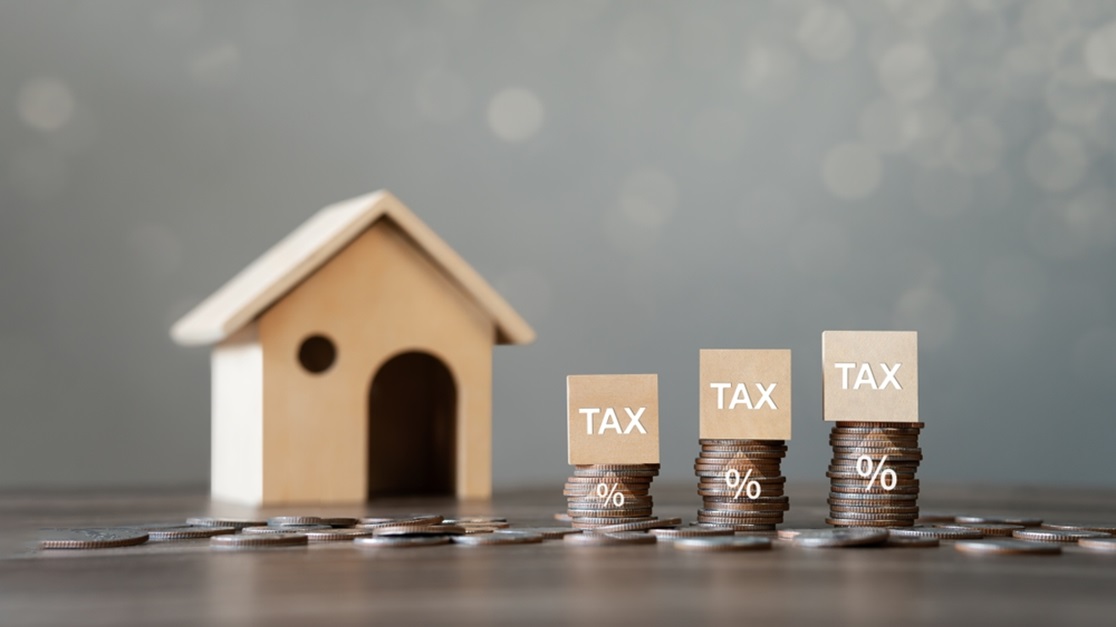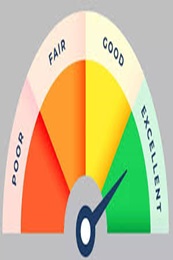Are You Eligible for Section 80EE or Section 80EEA Tax Benefits?
April 03, 2025

Imagine this: Ravi, a young IT professional in Bangalore, has just booked his dream home. While planning his finances, he hears about tax benefits under Section 80EE and Section 80EEA but is confused about which one applies to him. If you’re like Ravi, wondering whether you qualify for Section 80EE or Section 80EEA, you’re in the right place.
In this guide, we will help you understand the eligibility criteria, tax benefits, and key differences between these two sections, ensuring you make the most of your home loan tax deductions.
What is Section 80EE?
Section 80EE of the Income Tax Act, 1961, allows first-time homebuyers to claim an additional tax deduction of up to ₹50,000 on home loan interest payments.
Eligibility Criteria for Section 80EE
- First-time Homebuyer: The applicant should not own any other residential property at the time of loan sanction.
- Loan Sanction Period: The home loan should have been sanctioned between April 1, 2016, and March 31, 2017.
- Loan Amount Cap: The loan amount should not exceed ₹35 lakh.
- Property Value Limit: The total value of the house should not exceed ₹50 lakh.
- Loan Provider: The home loan must be availed from a financial institution or a housing finance company.
- Taxpayer Type: Only individuals can claim this benefit (not HUFs, companies, or firms).
What is Section 80EEA?
Section 80EEA provides a higher tax deduction of up to ₹1.5 lakh on home loan interest for first-time homebuyers purchasing an affordable house.
Eligibility Criteria for Section 80EEA
- First-time Homebuyer: The taxpayer must not own any other house at the time of loan sanction.
- Loan Sanction Period: The loan must be sanctioned between April 1, 2019, and March 31, 2022.
- Stamp Duty Value Limit: The property’s stamp duty value should not exceed ₹45 lakh.
- Loan Provider: The loan must be taken from a bank or housing finance company.
- Taxpayer Type: Only individuals can claim this deduction.
- Cannot Claim Section 80EE Simultaneously: If you qualify for 80EEA, you cannot claim benefits under 80EE.
Section 80EE Vs. Section 80EEA
| Criteria | Section 80EE | Section 80EEA |
| Maximum Deduction | ₹50,000 | ₹1.5 lakh |
| First-time Homebuyer Required? | Yes | Yes |
| Loan Sanction Period | FY 2016-17 | FY 2019-22 |
| Property Value Cap | ₹50 lakh | ₹45 lakh (Stamp Duty Value) |
| Loan Amount Cap | ₹35 lakh | No upper limit |
| Can be Claimed with Section 24(b)? | Yes | Yes |
| Can be Claimed Together? | No | No |
How to Claim Tax Deductions Under Section 80EE & 80EEA
- Check Eligibility – Ensure you meet all criteria for either 80EE or 80EEA.
- Get Your Loan Interest Certificate – Obtain an interest payment certificate from your lender.
- Declare in ITR – Mention the deduction amount in your Income Tax Return (ITR).
- Submit Proofs to Employer – If salaried, submit loan documents to your employer for TDS benefits.
- Self-Employed? – Keep loan statements handy for tax filing.
Final Thoughts
If you took a home loan between April 1, 2016 - March 31, 2017, and meet the eligibility criteria, you qualify for Section 80EE. However, if your loan was sanctioned between April 1, 2019 - March 31, 2022, and your property’s stamp duty value is ₹45 lakh or less, you can claim Section 80EEA.
Both deductions help first-time homebuyers reduce tax liability, but they cannot be claimed together. Make sure to choose the one applicable to you for maximum savings.
Buying a house has never been this easy! Avail Ujjivan SFB’s wide range of affordable home loan products and enjoy a hassle-free loan journey. From house purchase loan to plot loans and home improvement loans, we have it all! Alternatively, you can browse through Ujjivan SFB product suite - our wide range of financial products are designed to make your financial life better.
FAQs
1. Can I claim both Section 80EE and Section 80EEA together?
No, you can claim only one of these deductions based on your eligibility.
2. Is Section 80EE still valid in FY 2024-25?
No, it was applicable only for loans sanctioned in FY 2016-17.
3. Can I claim Section 80EEA if my property costs ₹50 lakh?
No, the stamp duty value must be ₹45 lakh or lower to qualify.
4. Can I claim deductions under Section 80EEA even if I live in a rented house?
Yes, there is no requirement to reside in the purchased house.
5. Can an NRI claim benefits under Section 80EE or 80EEA?
Yes, NRIs can claim deductions if they meet all eligibility criteria.
6. Is there an income limit to claim these deductions?
No, there is no specific income cap for either 80EE or 80EEA.
7. Can I claim these deductions on a joint home loan?
Yes, if both borrowers meet the eligibility criteria, they can claim separately.
8. What if my property has a stamp duty value of ₹46 lakh?
Unfortunately, you will not qualify under Section 80EEA as the limit is ₹45 lakh.
9. Can I claim this benefit for a resale property?
No, the property should be purchased from a developer.
10. Can I claim 80EEA if I already own a commercial property?
Yes, owning a commercial property does not impact eligibility.
Latest Blogs

What Happens When You Leave Your Savings Account Unused?
April 01, 2025
Imagine waking up one day to find that your hard-earned money is locked away and inaccessible. Sounds stressful, right? This is precisely what happens when you leave your Savings Account inactive for too long.

Unified Pension Scheme (UPS): Everything You Need to Know
March 29, 2025
The Pension Fund Regulatory and Development Authority (PFRDA) has announced the Unified Pension Scheme (UPS) will be operational from April 1, 2025.

What Does DPD Mean in CIBIL Report?
March 27, 2025
Your CIBIL report is like a financial passport that determines your credibility as a borrower. Whether you’re applying for a home loan, personal loan, or even a credit card, lenders will carefully review your CIBIL report before making a decision.

Are You Eligible for Section 80EE or Section 80EEA Tax Benefits?
March 26, 2025
Imagine this: Ravi, a young IT professional in Bangalore, has just booked his dream home. While planning his finances, he hears about tax benefits under Section 80EE and Section 80EEA but is confused about which one applies to him.

First Salary? 10 Smart & Fun Ways to Make It Count!
March 26, 2025
That magical moment has arrived—you’ve received your first salary! It’s not just money; it’s your hard-earned reward for months (or years) of effort, learning, and persistence.





